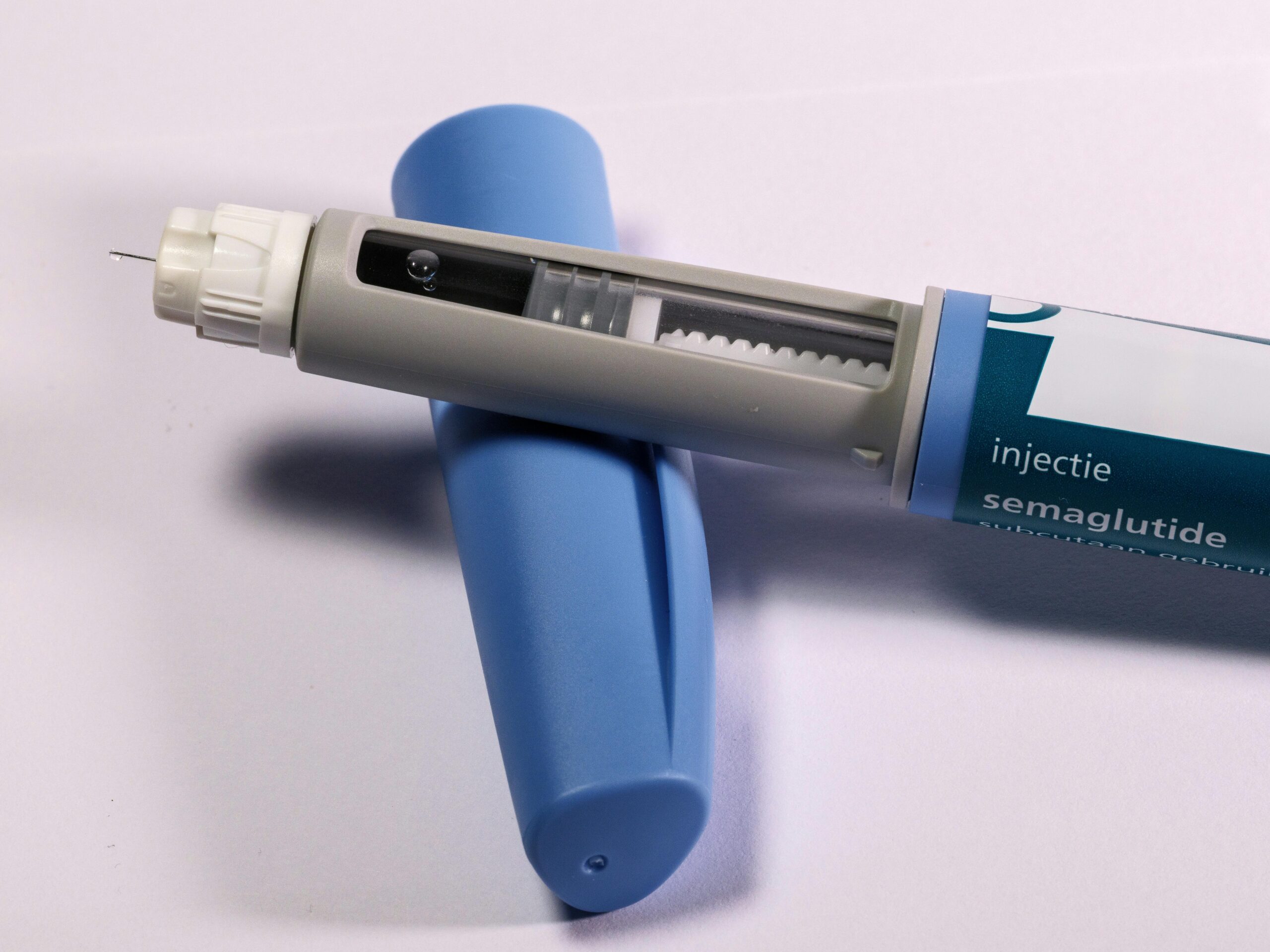
Stress is a natural, expected part of adult life, but when it becomes chronic, it starts to take an insidious toll on the body. Stress is one of those factors that often can and does go wrong for women.
While short-term stress can be a good motivator, for example, the stress of being chased by a dog will help you run away faster. Chronic stress, however, does nothing except ruin a good time for an otherwise healthy body – and even cause or worsen cancer cell growth.
Stress management is an essential component in keeping the ecosystem of your body working optimally. But how, you ask? Well, read on for stress management tips to help lower your cancer risk and improve your overall quality of life.
Quality Sleep
Sleep is your body’s natural repair system.
While you sleep, your body carries out critical processes that restore energy, strengthen immunity, repair cell damage, and balance hormones. For women, that includes regulating hormonal cycles.
Quality sleep helps to protect cells from DNA damage, reduces abnormal cell growth, and leaves the body less vulnerable to oxidative stress. Sleep also improves the immune system, making it easier to eliminate cells that could become cancerous.
Physical Activity
For women, regular physical activity is a powerful tool for reducing the risk of developing several cancers, including breast, ovarian, endometrial, and colorectal cancers.
A fully functioning immune system plays a crucial role in identifying and destroying abnormal cells before they develop into cancer. Moderate physical exercise is enough to boost the circulation of immune cells throughout the body, enhancing its natural surveillance and detection systems.
Knowledge Is Power
Knowledge is one of the most powerful tools a woman can possess for managing stress to prevent cancer.
Education and awareness advocacy empower women to recognize risks, make healthier lifestyle choices, and seek timely medical care and advice.
Proper stress management can help prevent internal environments that promote tumor growth and metastasis.
By sharing accurate information on cancers like ovarian cancer and breaking down the stigma, curated awareness efforts create a necessary culture where women feel empowered, supported, and inspired to take proactive steps for better health and wellness.
Advocacy campaigns, such as Low-Grade Serous Ovarian Cancer Awareness Day on September 9th, which runs during Ovarian Cancer Awareness Month, aim to improve patient outcomes. This day is designed to promote research and public awareness by making patients, and even some healthcare providers, aware of the unique features and treatment challenges of this particular subtype of ovarian cancer.
While stress cannot directly cause cancer, it can create biological conditions that contribute to its development and progression. For women, understanding the link between stress and ovarian health is a crucial part of cancer prevention.
Meditation and Mindfulness
Meditation and mindfulness have gained in popularity in recent years, not as fleeting wellness trends, but as evidence-based practices that support health and well-being.
For women looking for effective stress management tools that can also help to lower their risk of developing cancer, these approaches can be successful.
Meditation and mindfulness help support cancer prevention by reducing chronic stress, which can suppress immune function, increase inflammation, and interfere with the body’s ability to repair cells and DNA.
Over prolonged periods, this can create an environment where abnormal cell growth and cancers are more likely to thrive.
Vitamin D Intake
Vitamin D is technically a group of fat-soluble hormones and prohormones that help the body use calcium and phosphorus to make strong bones and healthy teeth.
These nutrients all help the body reduce inflammation and control cell growth, an important function for cancer prevention. While you can get vitamin D from sun exposure, the increased risk of skin cancer is not worth it.
Instead, take a supplement or increase your intake of vitamin D-rich foods. For most healthy adults, including pregnant and lactating women, the RDA (recommended dietary allowance) is 15 micrograms per day.
Experimental studies of cancer cells and tumors in rodents have shown that vitamin D may help to slow or prevent the development of cancer.
Take Care Of Yourself
The impact of chronic stress on immunity, inflammation, and hormonal balance is undeniable. It makes a significant difference in the development and progression of many types of cancer.
Embrace stress management to improve your daily well-being and take steps towards cancer development and progression prevention.
















